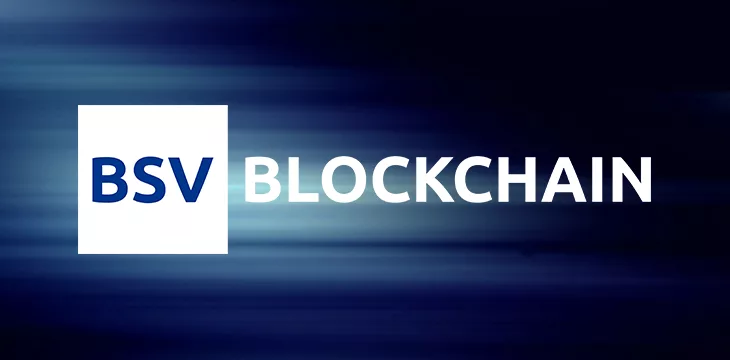|
Getting your Trinity Audio player ready...
|
The BSV Association recently released its Network Access Rules (NAR) regulating its relationship with network nodes. A conversation occurred on X Spaces, clarifying the rules and hearing different opinions, comments, and concerns.
In a recent BSV Blockchain Twitter (X) Space @Bitcoin_Beyond discussed the new Network Access Rules (NAR) and the Alert System.
Learn more here:https://t.co/yJLOvo0YH8 #BSVXSpace
— BSV Blockchain (@BSVBlockchain) February 22, 2024
The alert system upgraded
The conversation begins with an overview of Bitcoin as a public ledger where information is sent across an adversarial channel. This is distinct from forming consensus and without the threat of intentionally deceptive information.
The discussion then covers the history of the alert system. It dates back to an overflow bug that caused an increase in the Bitcoin supply. Satoshi Nakamoto himself had to intervene and fix this bug. Satoshi was regularly able to make upgrades, such as node software updates, which were seen as necessary because of his stature in the community.
Now that Satoshi is absent, there’s a need for an easy way to send alerts. These can be related not only to exploits and attacks but also to software updates such as those related to new node software releases.
Of course, the new version of the alert system isn’t exactly the same as the old one. It’s built to suit modern-day needs such as compliance and regulation, including freezing funds related to crime and reassigning funds via valid court order.
For Satoshi’s vision of millions and billions of transactions to be realized, commercial partners will be necessary, and they will require defined rules. The Network Access Rules are designed to facilitate this. They’re there to codify the existing expectations of nodes and not to add new rules or changes to the ones in the white paper.
The protocol should be set in stone
Those in the BSV blockchain community will be all too familiar with this phrase, and the discussion turns to it next. A transaction sent today should be valid for 1,000 years. If it’s not due to a change in Bitcoin, then the network is broken. BSV blockchain adheres to the principle of a single global chain—no forks.
There are specific requirements of nodes, which have always existed, but they’re not highlighted and are undisputed. Spelling them out allows for a clearer definition of honest and dishonest nodes, allowing for quickly and easily detecting and combatting attackers.
Notably, the Network Access Rules are a two-way street. They don’t just spell out what the BSV Association expects of nodes but also what nodes expect from the Association.
The rules also cover the need to protect against false alerts, akin to yelling ‘FIRE’ in a crowded theatre. This allows for the free flow of information while not allowing false information to be broadcast.
While some have objected to the Network Access Rules, Bitcoin is not governed by dictatorial decree. Instead, it’s controlled by Adam Smith‘s invisible hand and achieves equilibrium via economic incentives.
That said, it’s important that the rules can be added as necessary to ensure compliance with an ever-evolving legal landscape. As CoinGeek readers will know, the legal landscape governing blockchain technology and digital currencies is maturing, and the Bitcoin network must comply with them, including being able to enforce digital property rights.
The space then answers listeners’ questions about how the rules are decided, whether the empty block miner had a role in this decision, the timing of this announcement, and whether the BSV Association is forcing its subjective interpretation of the white paper on the network.
Watch: The importance of interoperability

 02-22-2026
02-22-2026 




